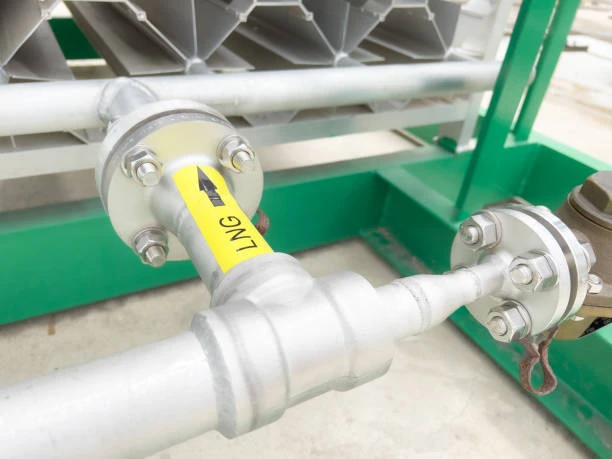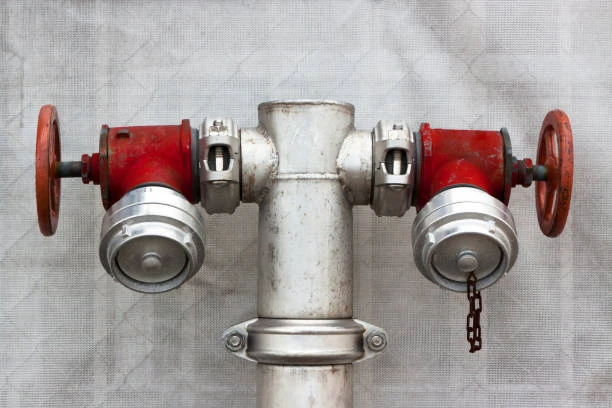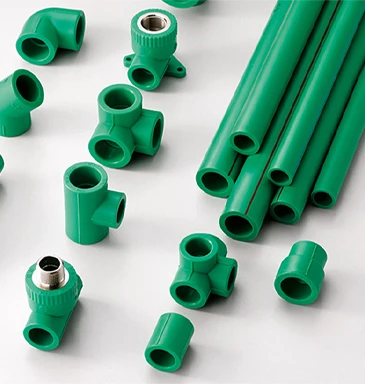The proportional valve market is gaining traction as industries seek precision in fluid control systems. This report delves into the current trends, growth drivers, challenges, and future outlook of the proportional valve market, emphasizing its significance across various applications.
What Are Proportional Valves?
Definition and Functionality
Proportional valves are specialized valves designed to control the flow and pressure of fluids in a precise manner. Unlike on/off valves, proportional valves allow for variable flow rates, enabling more sophisticated control over hydraulic and pneumatic systems. They are commonly used in applications where accuracy and responsiveness are crucial.
Types of Proportional Valves
There are several types of proportional valves, including:
- Proportional Pressure Relief Valves: Control pressure by adjusting the flow of fluid.
- Proportional Flow Control Valves: Regulate flow rate, allowing for fine-tuning of performance.
- Proportional Directional Control Valves: Manage the direction of fluid flow in a system.
Market Overview
Current Market Trends
The proportional valve market has witnessed robust growth, fueled by several key trends:
- Increased Automation: As industries adopt automation technologies, the demand for proportional valves to ensure precision control has risen significantly.
- Growing Demand in Industrial Applications: Industries such as manufacturing, automotive, and aerospace are increasingly utilizing proportional valves for enhanced process efficiency.
- Focus on Energy Efficiency: With the global push for sustainability, proportional valves offer energy-efficient solutions that optimize performance while minimizing waste.
Regional Insights
The market dynamics vary across regions:
- North America: This region is a major market for proportional valves due to a strong industrial base and advancements in automation technologies.
- Europe: The European market is characterized by stringent regulations promoting energy efficiency, driving demand for advanced valve solutions.
- Asia-Pacific: Rapid industrialization and urbanization in countries like China and India are propelling the growth of the proportional valve market.

Market Forecast (2024-2034)
Projected Growth
The proportional valve market is important to experience a compound annual growth rate (CAGR) of around 6-8% from 2024 to 2034. This growth can be attributed to:
- Technological Advancements: Innovations such as smart proportional valves, equipped with sensors and IoT connectivity, are enhancing performance and usability.
- Rising Need for Process Control: Industries are increasingly focusing on precision process control, which drives the adoption of proportional valves.
- Investment in Infrastructure: Growing investments in infrastructure projects globally will further boost demand.
Key Challenges
While the outlook is positive, several challenges may impact market growth:
- High Initial Costs: The upfront cost of installing proportional valves can be a barrier for some industries, especially smaller enterprises.
- Complexity of Integration: Integrating proportional valves with existing systems can be complex and may require specialized knowledge.
- Market Competition: The presence of numerous manufacturers in the market can lead to price competition, affecting profit margins.
Innovations and Trends Shaping the Market
Smart Valves
The development of smart proportional valves is a significant trend. These valves utilize IoT technology to provide real-time data on flow and pressure, enabling predictive maintenance and enhancing operational efficiency.
Eco-Friendly Solutions
As sustainability becomes a priority, manufacturers are focusing on eco-friendly designs. Proportional valves that minimize energy consumption and utilize recyclable materials are gaining traction.
Advanced Materials
The use of advanced materials in valve construction is enhancing durability and performance. Materials such as composite plastics and high-grade metals are becoming more common, allowing valves to withstand harsh conditions.
Applications of Proportional Valves
Manufacturing
In manufacturing, proportional valves are essential for controlling hydraulic and pneumatic systems, ensuring efficient operation and reducing waste.
Automotive
The automotive industry utilizes proportional valves for various applications, including engine management systems, braking systems, and suspension control, where precise fluid control is critical.
Aerospace
In aerospace, proportional valves play a crucial role in flight control systems and landing gear operations, where reliability and precision are paramount.
Water and Wastewater Management
Proportional valves are also useful in water treatment facilities to manage flow rates and pressure, ensuring efficient water distribution and treatment processes.
Conclusion
The proportional valve market is set for substantial growth in the coming decade, driven by technological advancements and increasing demand across various industries. As manufacturers continue to innovate and adapt to changing market conditions, proportional valves will play an increasingly important role in fluid control systems worldwide.
FAQs
1. What is a proportional valve?
A proportional valve controls the flow and pressure of fluids in a variable manner, allowing for precise management in hydraulic and pneumatic systems.
2. What types of applications use proportional valves?
Proportional valves are useful in manufacturing, automotive, aerospace, and water management systems, among others.
3. What are the advantages of using proportional valves?
They offer improved precision, energy efficiency, and the ability to fine-tune flow rates compared to traditional on/off valves.
4. How is the proportional valve market important to grow?
The market is projected to grow at a CAGR of 6-8% from 2024 to 2034, driven by automation and technological advancements.
5. What challenges does the proportional valve market face?
Challenges include high initial costs, complexity of integration, and competitive pricing pressures in the market.


















